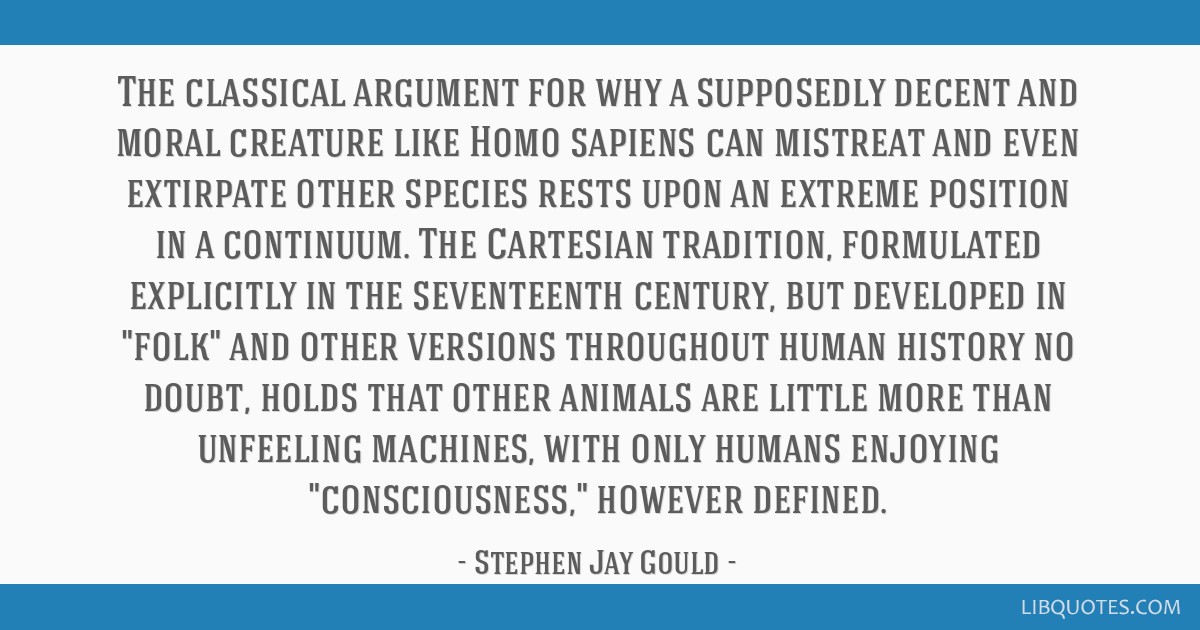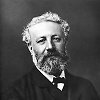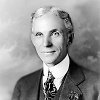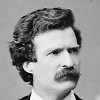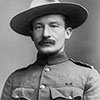The classical argument for why a supposedly decent and moral creature like Homo sapiens can mistreat and even extirpate other species rests upon an extreme position in a continuum. The Cartesian tradition, formulated explicitly in the seventeenth century, but developed in "folk" and other versions throughout human history no doubt, holds that other animals are little more than unfeeling machines, with only humans enjoying "consciousness," however defined.
"Can We Truly Know Sloth and Rapacity?" pp. 389 - Leonardo's Mountain of Clams and the Diet of Worms (1998)
